Seagrass vs. Plastic: Why Habereindia Dustbins Win on Sustainability
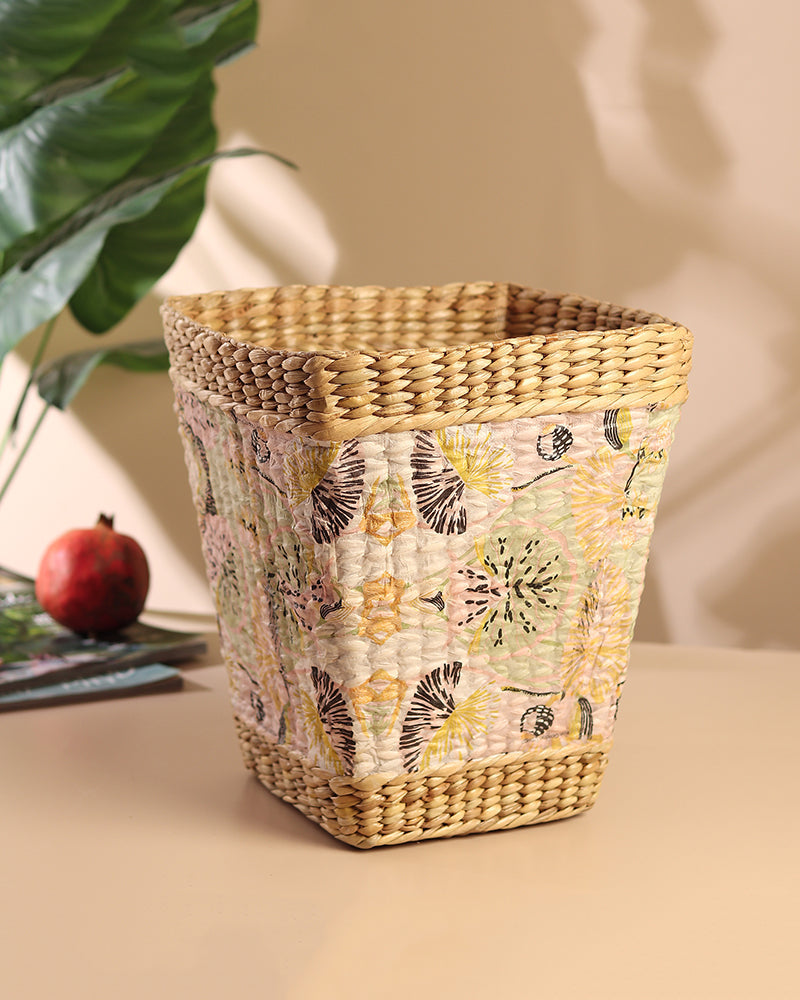
In a world increasingly aware of the environmental impact of everyday products, the choice between natural and synthetic materials is more crucial than ever. When it comes to household essentials like dustbins, the debate between seagrass and plastic highlights the growing shift towards sustainable living. Habere India’s handcrafted seagrass dustbins stand out as a stylish, eco-conscious alternative to conventional plastic options — and here’s why.
Natural, Renewable & Biodegradable
Seagrass is a natural fibre harvested from aquatic plants, making it 100% renewable and biodegradable. Unlike plastic, which can take hundreds of years to decompose, seagrass naturally breaks down without harming the planet. Habere India sources its seagrass sustainably, ensuring that every dustbin not only looks good but also contributes to a greener Earth.
Aesthetic Appeal Meets Functionality
Plastic bins are functional, but rarely beautiful. Habere India's seagrass dustbins, on the other hand, are handwoven with intricate detailing and neutral tones that blend effortlessly with modern, boho, and coastal interiors. They elevate the look of any room — be it a bedroom, bathroom, or workspace — without compromising on practicality. Light yet sturdy, these bins are easy to carry, clean, and use daily.
Zero Toxins, Zero Guilt
Plastic dustbins often contain chemicals like BPA or phthalates, which can leach into the environment and pose health risks over time. Habere India's seagrass dustbins are chemical-free and non-toxic, offering a safe choice for homes with kids and pets.
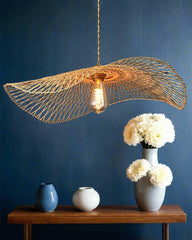

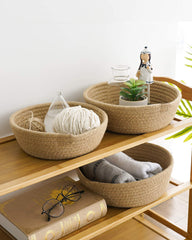
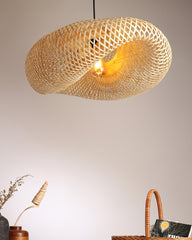


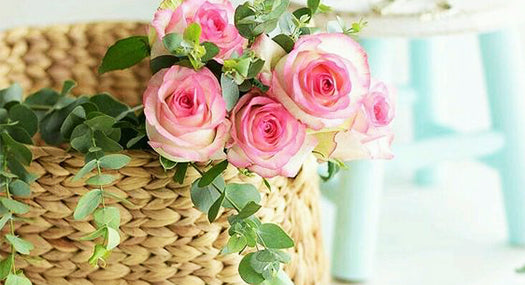





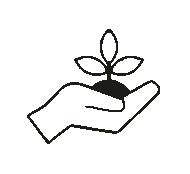


Leave a comment
All comments are moderated before being published.
This site is protected by reCAPTCHA and the Google Privacy Policy and Terms of Service apply.